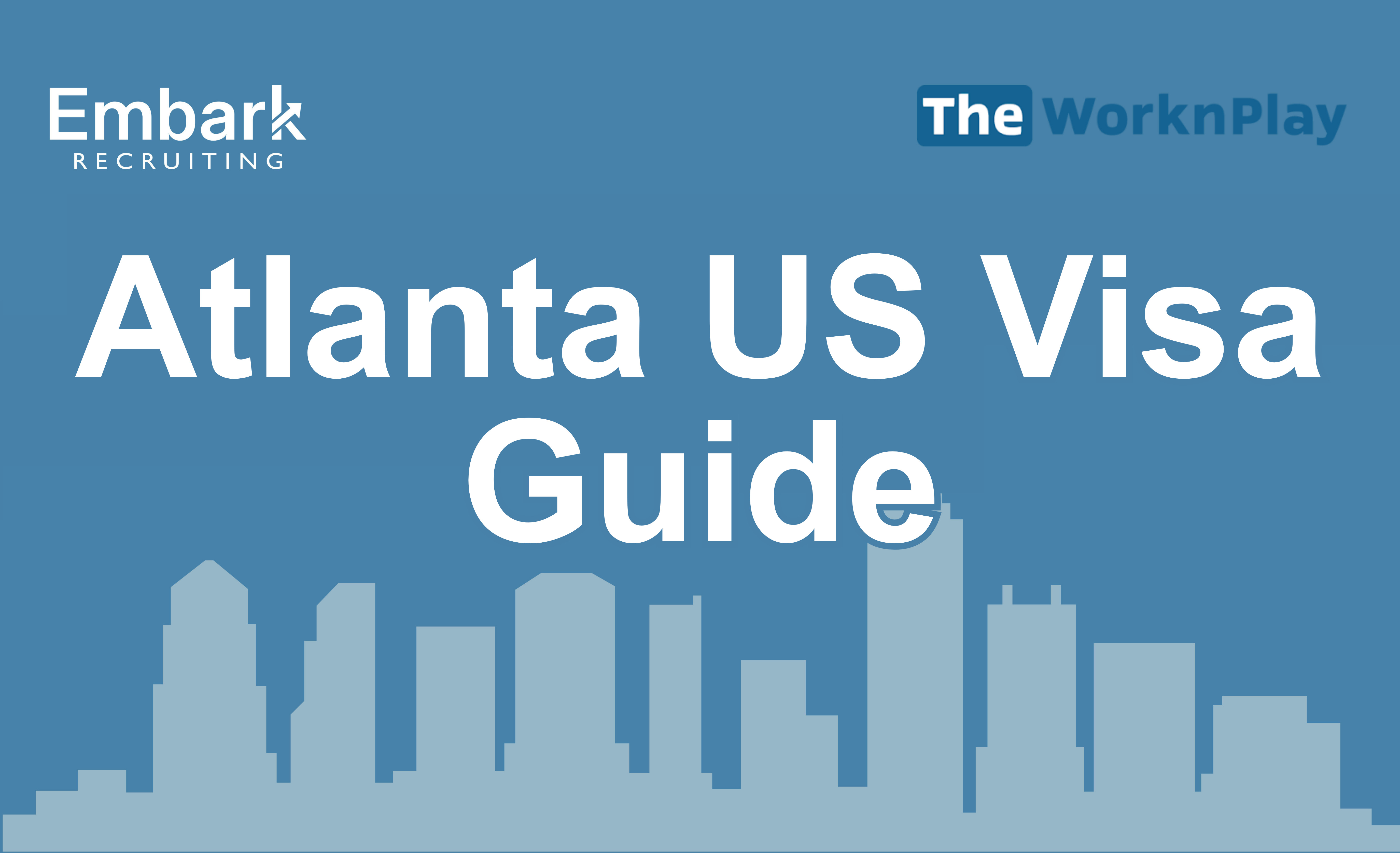
Country-Specific Visa Information (1/14)
South Africa: How to Apostille and Notarize South African Documents for Korea
Applying to teach in Korea requires certain official documents, such as your apostilled Police Clearance Certificate (PCC) and your SAQA-verified, notarized and apostilled Bachelor’s Degree. These steps verify that your documents are authentic and accepted by Korean schools and immigration authorities. In this guide, we break down the process to get your documents, whether you are in South Africa or overseas. Steps to Get an Apostilled Police Clearance Certificate (PCC) A South African Police Clearance Certificate is issued by the Criminal Record and Crime Scene Management (CR & CSM) division of the South African Police Service (SAPS). Once issued, your PCC must be apostilled by the Department of International Relations and Cooperation (DIRCO). To obtain an apostilled Police Clearance Certificate (PCC), there are four main steps: Request Your PCC through SAPS Get Your Fingerprints Obtain Your PCC Apostille Your PCC 1. Request Your PCC through SAPS Complete the top section of the SAPS 91(a) Application Form, which is available on the official SAPS website. Source: SAPS 2. Get Your Fingerprints (In-Country) Go to your local South African Police Service station to have your fingerprints taken and to submit your request form for a certified criminal record check. Get Your Fingerprints (Overseas) If you are in a foreign country, most local police stations offer fingerprinting services. Alternatively, contact the South African Embassy. Once completed, you must forward your application to the official SAPS centre in Pretoria: The Head of the South African Criminal Record Centre (Attention: Police Clearance Certificates) Sanlam Plaza West CRC Client Service Centre 1st Floor 271 Schoeman Street Pretoria Source: The South African Embassy Seoul 3. Obtain Your PCC The processing times may vary depending on when the application was submitted. To prevent delays, we recommend obtaining your PCC well in advance. In-country: 2~3 months Overseas: 3~6 months Your Police Clearance Certificate will include: The signature of the National Commissioner of the South African Police Service The official SAPS Stamp Note: A Police Clearance Certificate is only valid for six months from date of issue. 4. Apostille Your PCC Once you have received your PCC, submit it to DIRCO’s Legalisation Section for apostille authentication. Processing time: 6-7 weeks (working days, no processing on weekends or public holidays) Note: Processing time may fluctuate depending on when you submit it (periods of high demand). Source: DIRCO Steps to Get a SAQA Verified and Apostilled Bachelor's Degree South Africans must obtain a SAQA Verification Letter from the South African Qualifications Authority (SAQA) before their degree can be notarized and apostilled by DIRCO. To obtain a SAQA verification and apostilled Bachelor's degree, there are three main steps: Get a Copy of Your Original Diploma Obtain a SAQA Verification Letter Notarize and Apostille a Copy of Your Diploma 1. Get a Copy of Your Original Diploma You can ask for a "copy" of your original degree from your university. Some universities may only re-issue lost or stolen certificates. In this case, you must photocopy your diploma. 2. Obtain a SAQA Verification Letter Obtain a verification letter from the South African Qualifications Authority (SAQA) confirming that your qualification is at NQF Level 7 or above (equivalent to a bachelor’s degree). For Apostille Purposes: The original SAQA Verification Letter must be submitted Any copy of your degree must bear SAQA’s original stamp and signature from the authorized officer who issued the verification letter Processing time: minimum 25 working days (up to 3 months) 3. Notarize and Apostille a Copy of Your Diploma Once you receive your original SAQA Verification Letter, you must submit it, along with your diploma, to DIRCO’s Legalisation Section for notarization and apostille authentication. The finished documents will be bound together with a ribbon, and the Apostille Certificate will be issued with a red seal and a dry seal stamp before being attached to your diploma. Processing time: 6-7 weeks (working days, no processing on weekends or public holidays) FAQ Q: How long does the entire process take? The processing time depends mainly on when you submit your documents; both SAQA and DIRCO are slower during periods of high demand. It also varies based on where you complete the process: applications handled within South Africa are generally much faster, while overseas submissions take considerably longer due to additional processing and shipping times. Police Clearance Certificate (PCC) + Apostille (DIRCO): 3 ~ 6 months SAQA Verification Letter, Bachelor's Diploma + Apostille (DIRCO): 4 ~ 6 months Q: Can I send the original diploma? In theory, you can, but we do not recommend it. You will not receive the diploma back once you send it to your school. Always use a copy of your Bachelor's degree. Q: I graduated from a South African university but am not a South African citizen. Do I need to notarize and apostille my diploma in South Africa? Yes. Even if you are not a South African citizen, documents issued by a South African school must be notarized and apostilled in South Africa to be recognized abroad. Q: I have a Master's degree, Do I also need to get it notarized and apostilled? Unless requested by the school, you do not have to get your Master's degree notarized and apostilled. A Bachelor's degree will suffice if it was issued within one of the seven designated native English-speaking countries (the U.S., U.K., Canada, South Africa, Australia, Ireland, and New Zealand). Q: I have a teaching certificate (TEFL, TESOL, CELTA, etc.). Do I also need to get it notarized and apostilled? Unless requested by the school, you do not. For an E-2-1 visa, a teaching certificate is not required. Not from South Africa? Find out how to apostille and notarize your documents United States United Kingdom Canada Australia Ireland New Zealand











